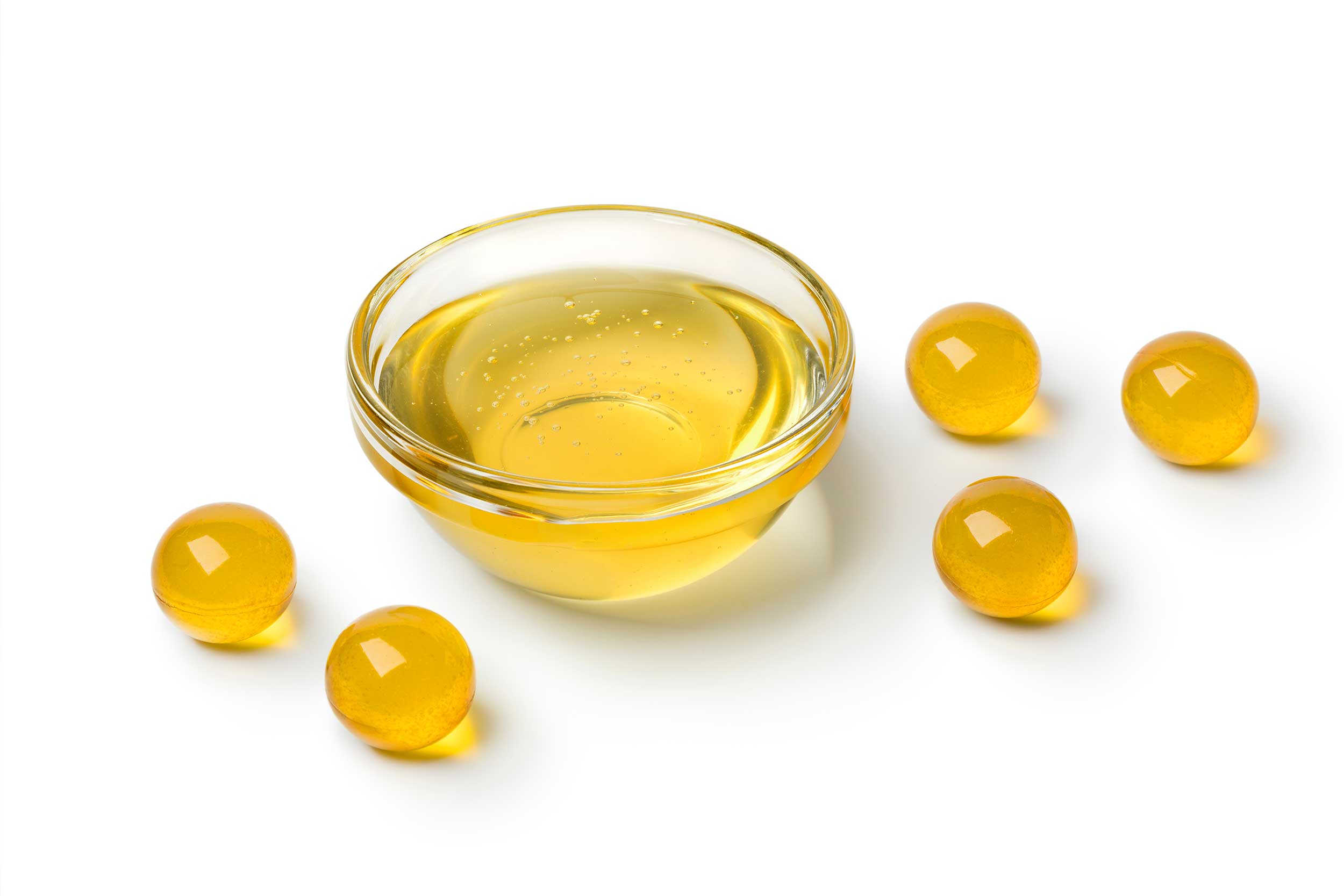When it comes to creating those wiggly, jiggly, and delightfully textured culinary creations, two gelling agents often come to mind: Agar Agar and gelatin. But what exactly sets these two ingredients apart? In this blog post, we’ll explore the differences between Agar Agar and gelatin, as well as the unique properties and advantages of each.
Source and Composition
The most significant difference between Agar Agar and gelatin lies in their origin and composition.
- Agar Agar: Derived from red seaweed (primarily from the Gelidium and Gracilaria families), Agar Agar is a natural, plant-based gelling agent. It’s composed of two polysaccharides, agarose and agaropectin.
- Gelatin: Gelatin is an animal-based product, derived from the collagen found in the skin, bones, and connective tissues of animals like pigs and cows. It’s a protein made up of amino acids.
Dietary Considerations:
Agar Agar and gelatin cater to different dietary preferences and restrictions.
- Agar Agar: As a plant-based ingredient, Agar Agar is suitable for vegans, vegetarians, and those following a halal or kosher diet.
- Gelatin: Since it’s derived from animal sources, gelatin is not suitable for vegans, vegetarians, or individuals with specific religious dietary restrictions.
Gelling Strength and Texture:
Agar Agar and gelatin create gels with distinct properties and textures.
- Agar Agar: It has a stronger gelling ability than gelatin, requiring less of it to achieve the same firmness. Agar Agar sets at room temperature and forms a firm, brittle gel that can withstand higher temperatures without melting.
- Gelatin: Gelatin sets at lower temperatures and forms a softer, more elastic gel that melts at body temperature, which makes it ideal for mouthfeel in certain dishes.
Usage and Versatility:
While both gelling agents are versatile, they have different requirements and applications.
- Agar Agar: To activate its gelling properties, Agar Agar must be dissolved in a liquid and heated to boiling. It’s suitable for both sweet and savory dishes and is relatively flavorless, making it adaptable to various recipes.
- Gelatin: Gelatin is typically dissolved in warm liquid and does not require boiling. It’s mainly used in sweet dishes, as it can have a slightly savory taste when used in large quantities.
Conclusion:
Understanding the differences between Agar Agar and gelatin can help you make informed decisions when selecting a gelling agent for your culinary creations. Whether you choose Agar Agar for its plant-based origin and firm texture or gelatin for its soft, melt-in-your-mouth consistency, both ingredients offer unique properties to elevate your dishes. And remember, you can find Agar Agar and other modern gastronomy ingredients at www.specialingredientseurope.com. Happy cooking!
Recipes with Agar Agar
-
Dirty Martini Cocktail – with Olive Pearls – Recipe

The Dirty Martini is a cocktail with a storied past and a bold flavor profile that has captured the hearts of many. Originating in the early 20th century, this twist on the classic Martini added a splash of olive brine, giving it a distinctive, savory edge. The Dirty Martini has made its mark in popular…
-
Mushroom Champignon Discs

Mushroom Champignon Discs This is cool: Mushroom Champignon Discs! These tasty discs are not only visually appealing, but also packed with flavor thanks to our Special Ingredient Agar Agar. With just a few simple ingredients including fresh mushrooms, chicken stock, and a touch of olive oil, these discs are easy to make and perfect for…
-
Honey Pearls – with Agar Agar

Get ready to add some fun and flair to your desserts and cheese platters with our Honey Pearls with using Agar ! Made with agar agar, these sweet and soft pearls offer a new twist on traditional honey treats. With just a handful of ingredients you can create a unique and delightful addition to your…
